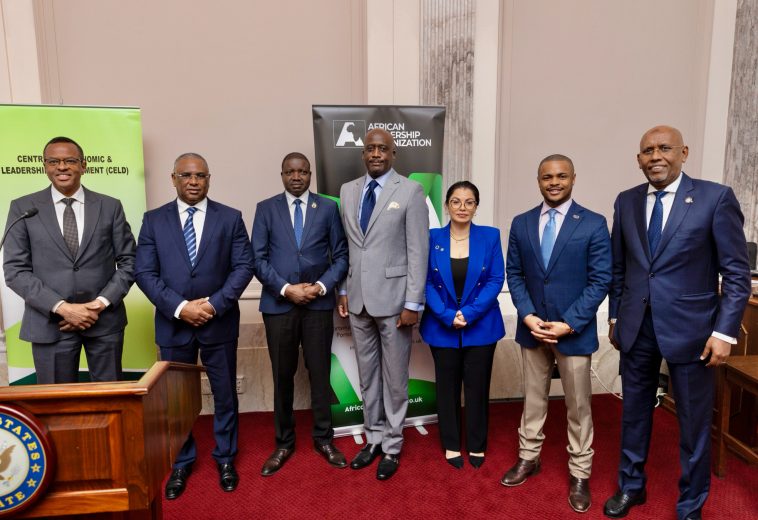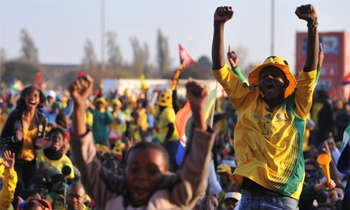For decades, Sudan was viewed by the United States with suspicion and even hostility. Listed as a state sponsor of terrorism, Sudan’s internal conflicts and human rights violations kept it firmly on the US foreign policy blacklist. However, the winds of change swept through Sudan in 2019 with the overthrow of the long-standing regime of Omar al-Bashir.
This dramatic shift in Sudanese politics has opened a new chapter in US-Sudan relations, prompting the question: can these two nations, with a history of discord, forge a path towards cooperation and a more stable future? This article explores the ongoing efforts by both countries to address shared security concerns, foster economic growth in Sudan, and strengthen democratic values.
Prior to 2019, Sudan faced internal conflicts, including the decades-long civil war in South Sudan. The US imposed sanctions on Sudan, hindering economic development and isolating the country. The 1998 US embassy bombings in Khartoum further strained relations.
Following the 2019 revolution, the US welcomed the transitional government led by Prime Minister Abdalla Hamdok. In 2020, the US lifted most economic sanctions after Sudan made progress on counterterrorism cooperation and addressing human rights concerns. This was a significant milestone, paving the way for improved relations.
Sudan has become a key partner in the fight against terrorism, with the US providing training and assistance to Sudanese security forces. The US has also provided border security assistance to Sudan, helping curb human trafficking and arms smuggling. However, security challenges persist in Sudan, including ongoing intercommunal violence in Darfur and the presence of armed groups in some regions. The US’s support for security sector reform and dialogue with armed groups is crucial for overcoming these challenges.
Sudan faces significant economic challenges, including high inflation and a large external debt. The US supports economic reform efforts by providing technical assistance and encouraging debt relief from international creditors. The US works with Sudan to improve its business climate and attract foreign investment through USAID, investing in infrastructure development, agricultural productivity, and vocational training projects. However, bureaucratic hurdles and corruption in Sudan hinder economic growth, and US support for good governance and transparency is crucial.
The US also supports Sudanese civil society organizations for human rights advocacy and democratic reforms, promoting citizen participation in local government. However, challenges remain in freedom of speech and peaceful assembly and continued US support is crucial for Sudan’s long-term stability and economic prosperity. A joint program between the US Department of State and a Sudanese NGO promotes these freedoms.
READ ALSO: Zimbabwe’s Monetary Policy: Lessons for Other African Nations
The US and Sudan are currently in a critical relationship, with significant progress made but still challenges. The US can work with Sudan to address security threats and foster cooperation. Encouraging US businesses to invest in Sudan in infrastructure, energy, and agriculture can create jobs and contribute to economic growth. Sudan’s journey of transformation can serve as a model for other African nations undergoing democratic transformations, and the US can support Sudan’s efforts to share its experiences with other African nations.
The US-Sudan relationship has entered a new phase. By working together on security, economic development, and democratic reforms, the US and Sudan can build a future of stability and prosperity. This partnership has the potential to serve as a positive example for regional cooperation and development in Africa. However, overcoming existing challenges and maintaining a commitment to mutual goals will be essential for this partnership to reach its full potential.


